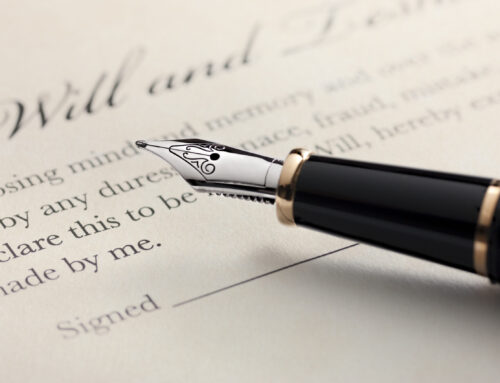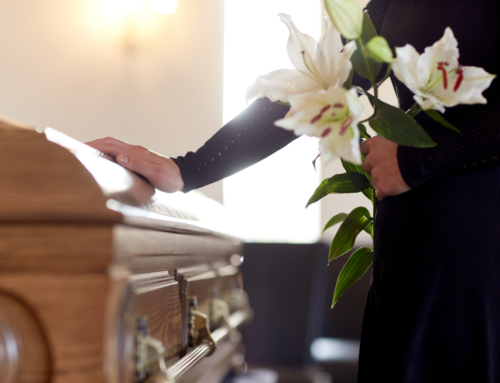It’s not easy figuring out what you need to do regarding wills and estates. How do you make a will? How do you choose an executor? What constitutes your estate? What does an executor do? These are all common questions in wills and estate planning.
Most people will benefit from making a will, but don’t know where to start. Individuals may also agree to be the executor of a will, without really appreciating what it involves.
If planning wills and estates leaves you scratching your head, here’s everything you need to know…
How Do You Make A Will?
When someone passes away without a will, it makes settling their affairs much more complicated. It could also mean that the law decides who benefits from their estate, and their assets could end up with the wrong people.
Anyone, no matter how young, fit or healthy, should consider making a will. Putting down in writing what you want to happen to your money, property or possessions should you pass away brings a great feeling of peace of mind.
While you can make your own will, it’s generally better for most people to employ a solicitor to do this on their behalf. A solicitor will ensure your will is accurate, and that it’s signed and witnessed in the correct, legal way. Using a solicitor is also not as expensive as you might think, and they do all the hard work for you.
To start making a will, you’ll need to sit down and really think about your assets – any investments, property, debts, businesses, pensions, possessions and where you want them to end up after you are gone. You can also include in your will any specific requirements you have for your funeral or who you wish to become guardians for your children.
The next step is to think about who you want to be the executor of your will. Read on to find out more…
What Is An Executor?
An executor is the person nominated to manage the distribution of your estate as set out in your will. By naming them as your executor, you give them the legal right to manage your affairs if you pass away.
Anyone aged over 18 can be an executor, and it’s best to nominate two. They will be responsible for paying off any outstanding debts or bills, gathering together assets and distributing them to each recipient as described in your will. They will also be expected to calculate and pay the correct tax and verify your death with organisations such as HM Revenue and Customs.
What Is An Estate?
Very simply, your estate is the sum of all your assets and liabilities – any bank accounts, investments, property, pensions, businesses, debts and possessions.
Estate planning involves making a will that sets out who will receive what from your estate after your death.
But it should also consider how to reduce taxes, costs and fees for beneficiaries where possible. Your estate plan might also include a living will, arrangements for your care should you become incapacitated, what happens to your business interests, life insurance plans and trust funds.
What Happens If I Die Without A Will?
If you die without a will, your estate enters Intestacy, which means the law decides what happens to your estate. There are strict rules about how a will is distributed under the Rules of Intestacy. For example, usually, only married or civil partners and some other close relatives can inherit. You have no control over who receives what and who becomes the executor.
How Do I Make Sure My Will Is Legal?
The basic requirements are that you are over 18, that you’re of sound mind and making the will voluntarily, that it is in writing and that it’s signed and witnessed by two people over 18. The witnesses must also sign in your presence. Witnesses cannot be a beneficiary of the will.
However, the only real fool-proof way to ensure your will stands up in the law courts after you die, and that your wishes will be followed, is to use a solicitor. They will make sure all the i’s are dotted, t’s crossed and that it is legally binding.
What If I Want To Change My Will?
Life changes – and you may want to alter your will to reflect your changing circumstances.
You should never alter the original document. If you want to make significant changes, it might be better to make a new will that states very clearly that it replaces the old one. You can then destroy the old one.
If you want to make small changes to your will, you can use a document called a codicil. This has to be signed and witnessed in the same way as a will. You should keep all codicils securely stored with your original will.
Planning Your Wills And Estates…
No-one wants to spend time thinking about what happens after they’re gone. However, with a bit of proper planning, you can rest assured that should anything happen to you, your assets will be distributed according to your wishes.
If you need more guidance or help with making a will or estate planning, get in touch with our friendly team…




